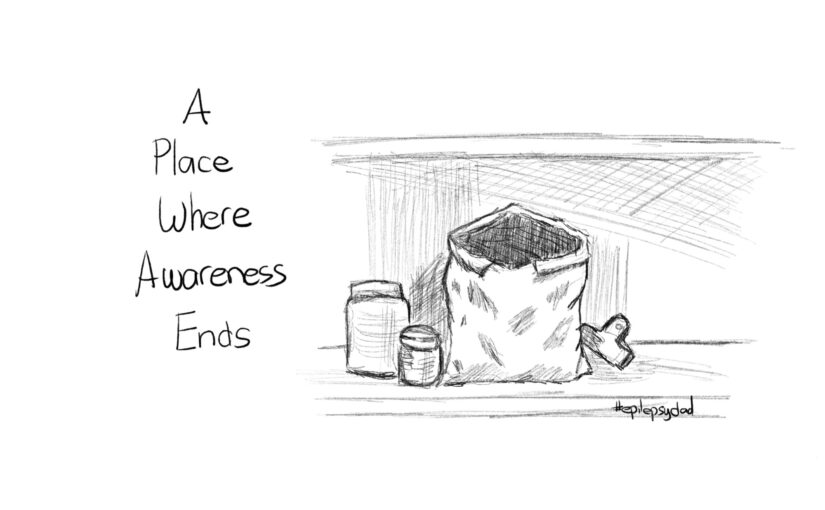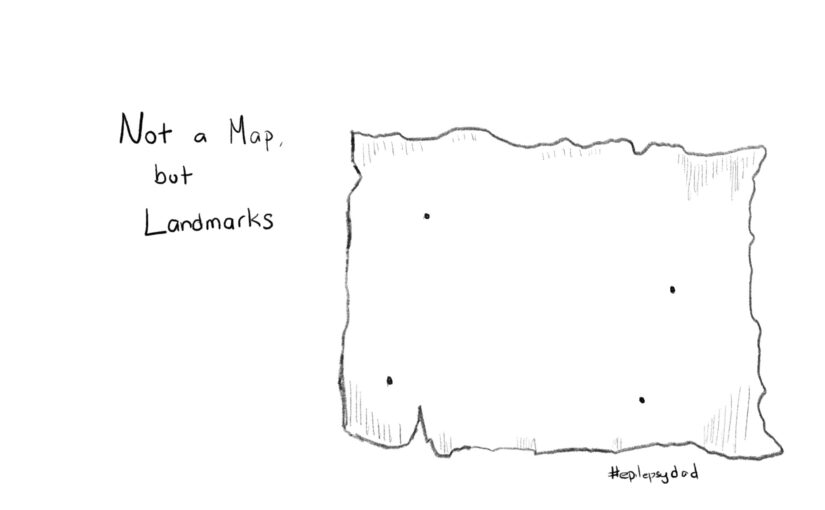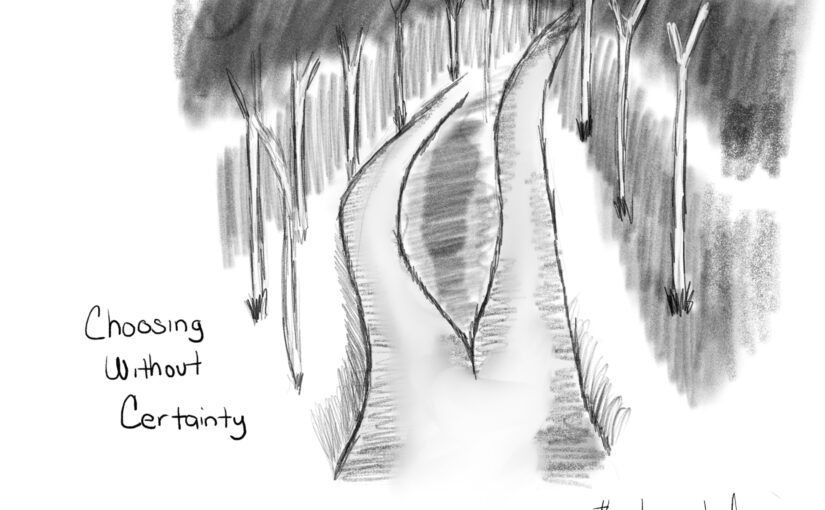I was making lunch for my son and went into the pantry to grab the bag of cheese puffs. It was the big bag, the one we keep on the top shelf. He had some as a snack after school the day before.
The bag was wide open.
It was sitting exactly where it always sits, but unfolded, unsealed, left the way it was when he last touched it.
He knows to fold the bag over. We’ve talked about using a chip clip to keep it closed. I suspect he remembered that he needed one, looked for it, didn’t see it in the basket where they usually are—probably because something was in front of them—and stopped there. He’s not great at moving things out of the way to see if what he’s looking for is behind them. And instead of asking for help, he put the bag back on the shelf and walked away.
This happens a lot.
The cereal bag left open on the counter. A piece of recycling placed on top of the bin instead of inside it. A dish in the sink instead of the dishwasher. His lunchbox still holding an apple core or a wrapper from earlier that day.
It can feel like I’m following his tracks through the house, noticing the small places where things were almost finished. Little markers of effort that ran out just before the end.
I don’t get mad when I find the bag open again. I recognize it as a place where his awareness ended that day.
I offer gentle reminders. Sometimes they stick for a while. Sometimes they fade, and weeks later I find the cereal bag open again on the top shelf. Not because he doesn’t care. Not because he’s being careless. But because holding all the steps—seeing the problem, finding the tool, moving obstacles, finishing the task—can be more than his brain can manage in that moment.
This is what a lot of caregiving looks like.
Not emergencies. Not hospital rooms. Not big, dramatic moments. Just quiet maintenance. Picking up what was left behind. Closing the loops that didn’t quite get closed. Learning to read these small, unfinished things not as failures, but as information.
They tell me where his energy ran out. Where his attention drifted. Where the world became just a little too much to hold all at once.
So I fold the bag. I clip it shut. I rinse the lunchbox. I don’t sigh. I don’t lecture. I just keep walking behind him, filling in the gaps.
This is part of how I love him.


